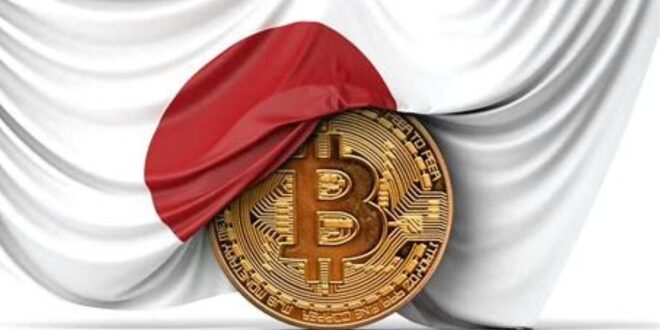Japanese game developer Gumi is set to reward its shareholders with a unique opportunity—a Bitcoin lottery worth $106,000. This initiative marks a creative approach to shareholder incentives, blending traditional finance with the growing influence of digital assets.
A New Approach to Shareholder Rewards
Gumi, known for its contributions to mobile and blockchain gaming, is embracing cryptocurrency as part of its financial strategy. Instead of traditional dividends or stock perks, the company is offering shareholders a chance to win Bitcoin, reflecting its commitment to innovation in both gaming and finance.
Eligible shareholders will be automatically entered into the lottery, where winners will receive Bitcoin prizes. This initiative not only rewards investors but also introduces them to the digital asset space, further bridging the gap between gaming, blockchain, and finance.
Why Bitcoin?
Bitcoin has gained increasing recognition as both an investment asset and a medium of exchange. By offering Bitcoin as a reward, Gumi aligns itself with the growing trend of digital asset adoption in Japan, where regulatory clarity and institutional interest in cryptocurrencies have been expanding.
The move also reflects the company’s broader involvement in blockchain technology. Gumi has been active in Web3 gaming, NFTs, and metaverse projects, making Bitcoin a fitting choice for this shareholder incentive.
Potential Impact and Industry Trends
The lottery-style shareholder reward could set a precedent for other companies looking to integrate crypto incentives into their investor relations strategies. With increasing interest in digital assets, businesses across various industries may explore similar methods to engage shareholders and attract new investors.
As blockchain technology continues to reshape industries, Gumi’s Bitcoin lottery highlights the evolving intersection of gaming, finance, and cryptocurrency. Whether this initiative will inspire similar moves by other companies remains to be seen, but it certainly signals a growing shift toward integrating digital assets into mainstream corporate strategies.
 Business Sandesh Indian Newspaper | Articles | Opinion Pieces | Research Studies | Findings & News | Sandesh News
Business Sandesh Indian Newspaper | Articles | Opinion Pieces | Research Studies | Findings & News | Sandesh News



